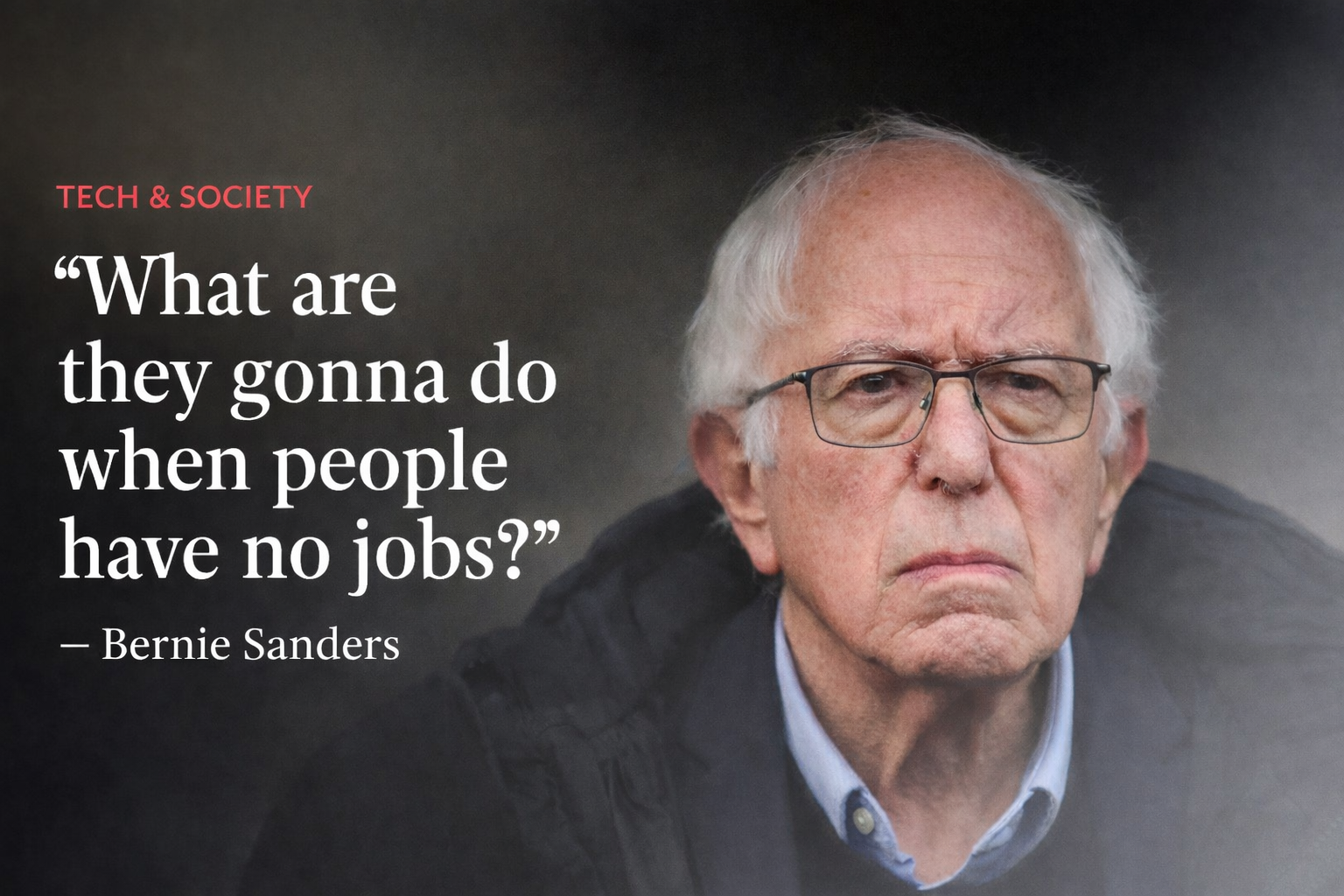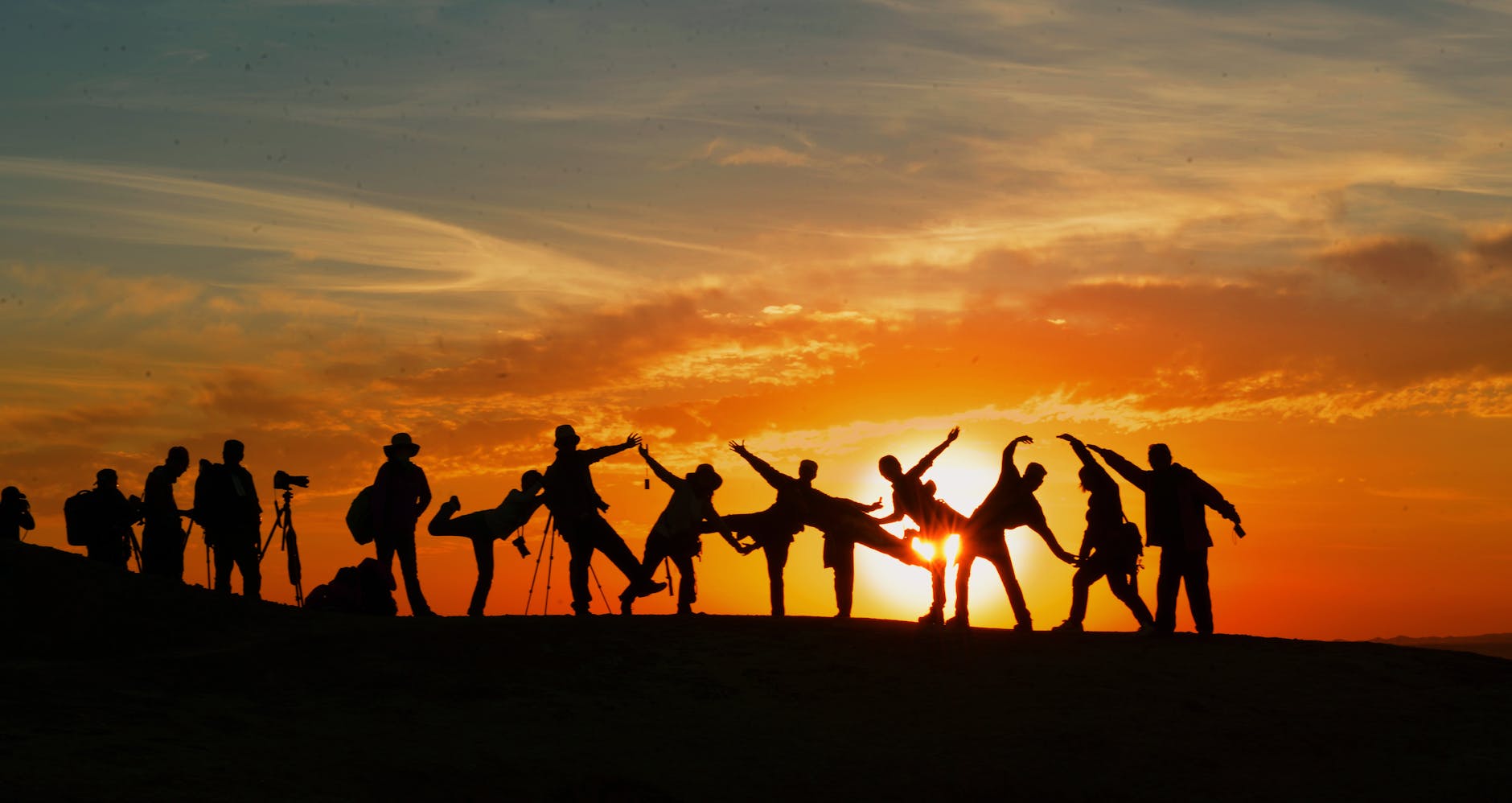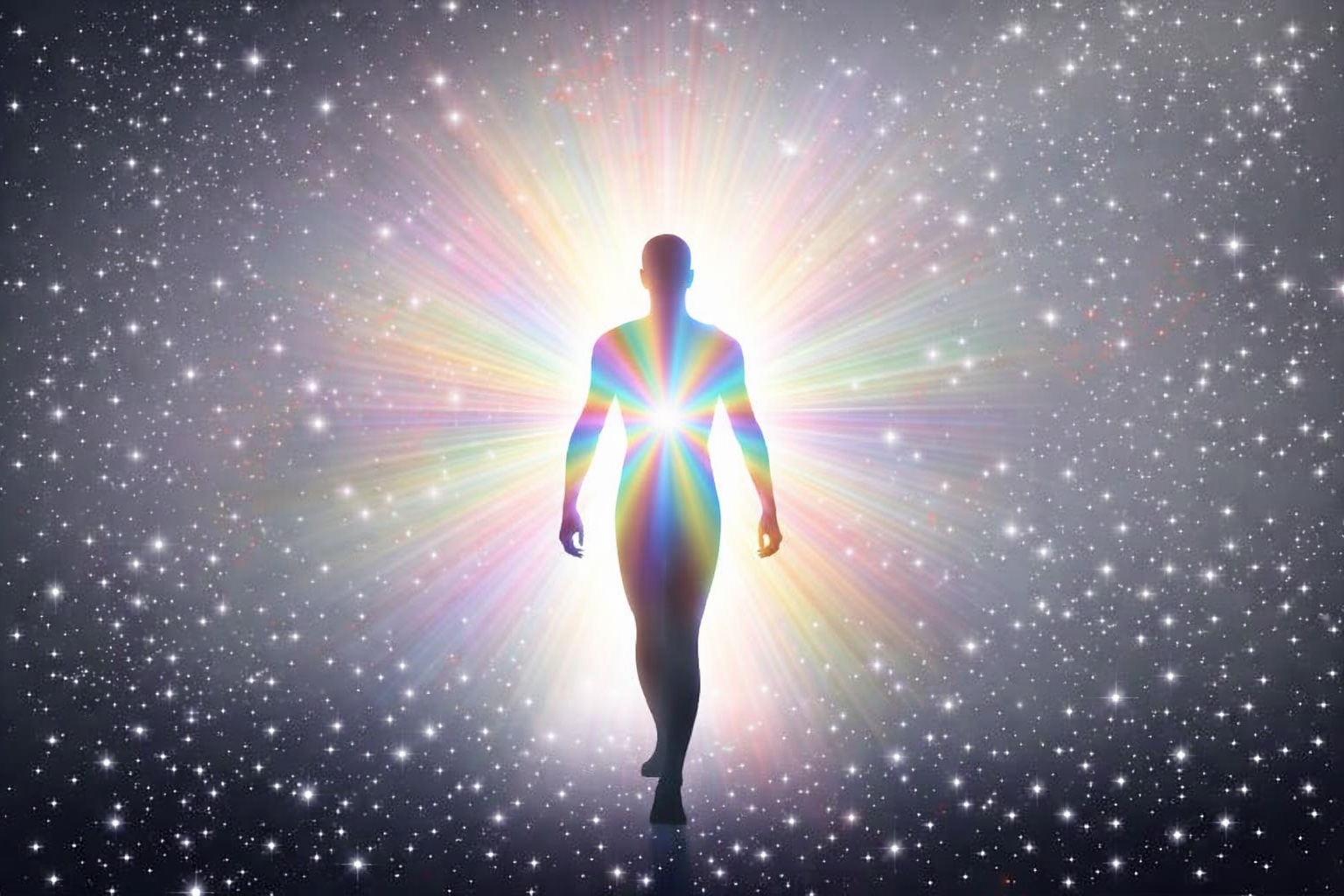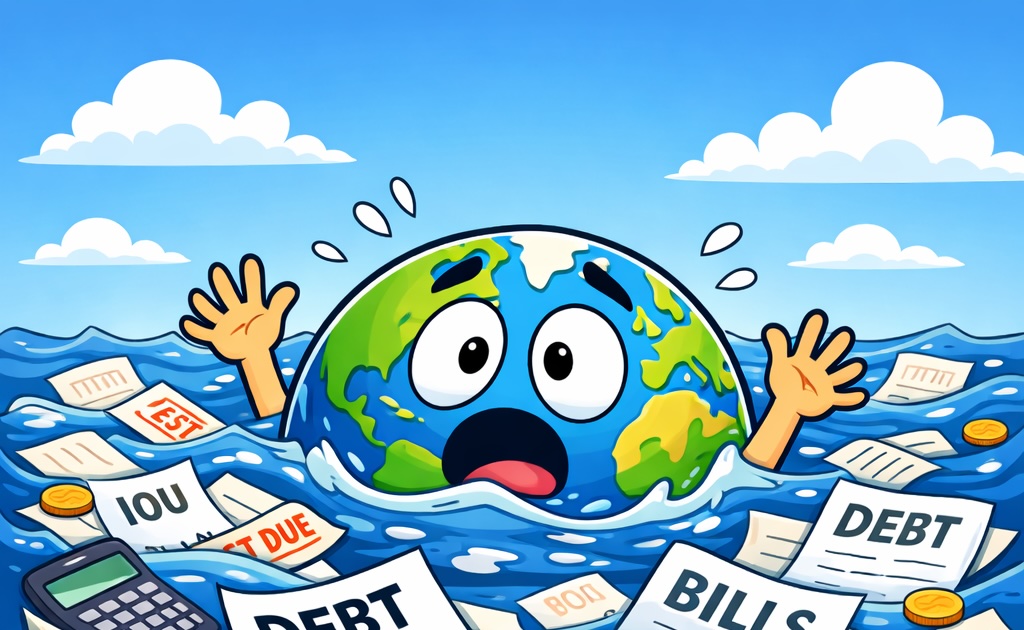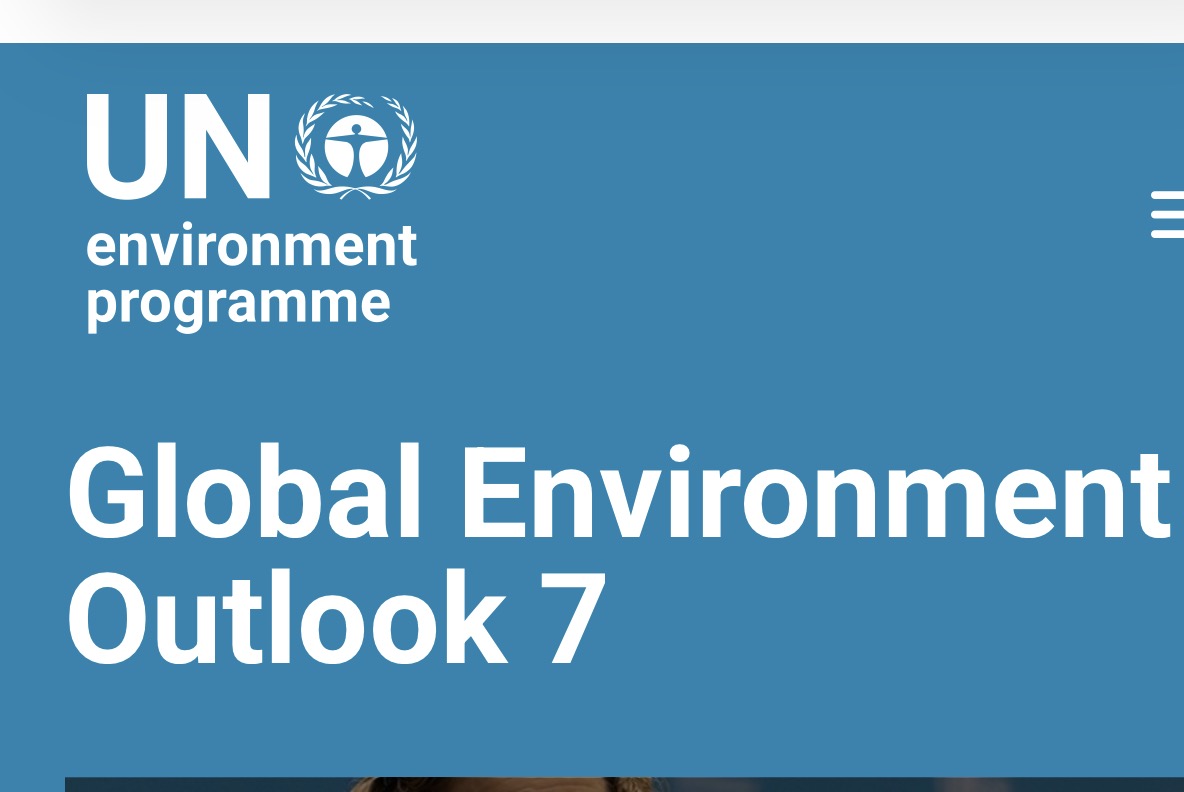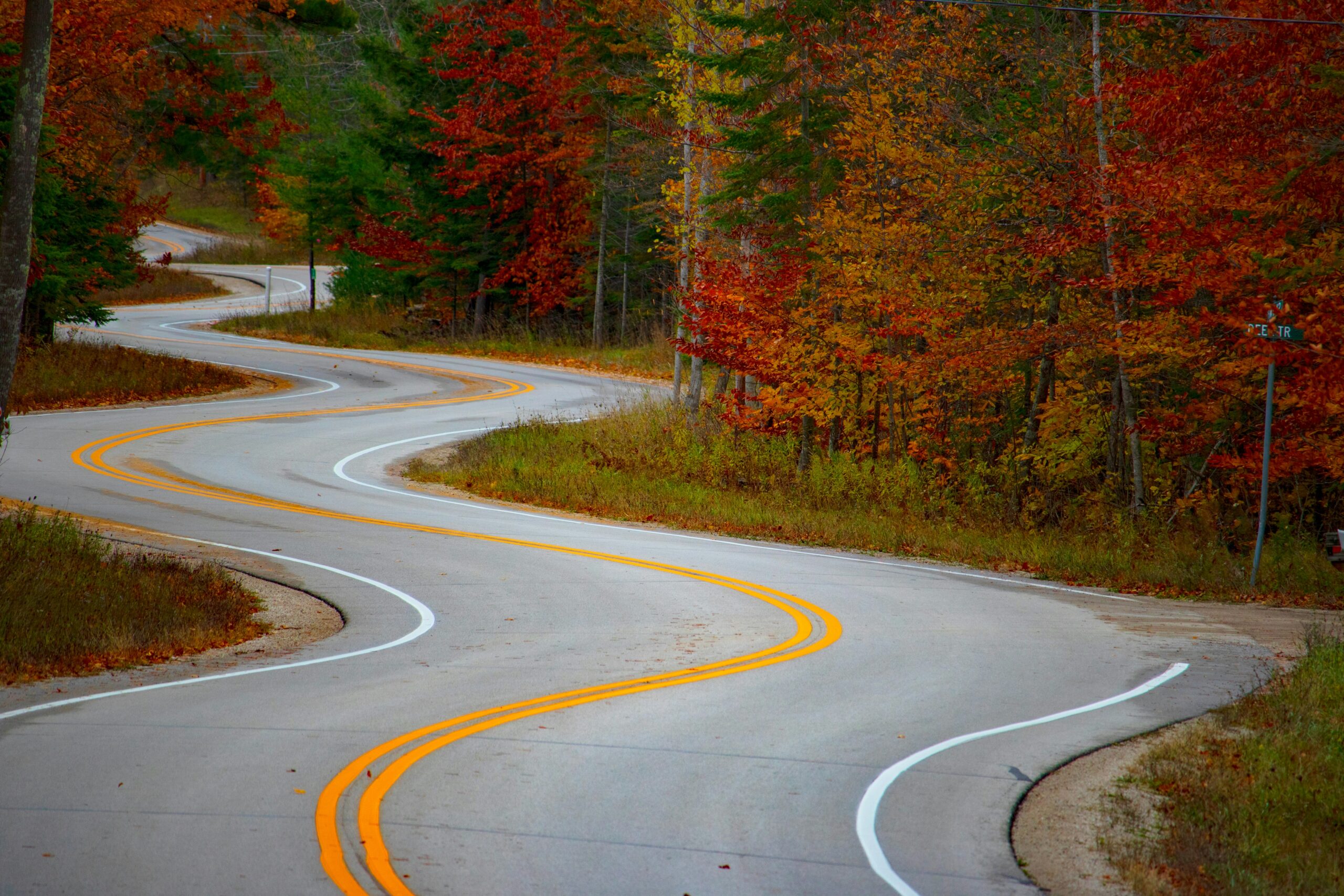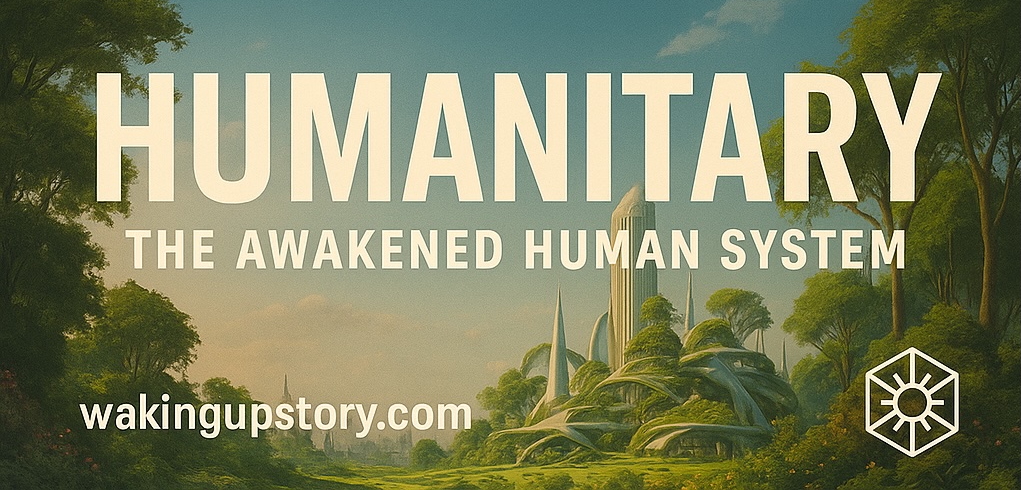How Humanity Lived Without Money — And What That Means for Our Future
When we talk about money today, people often say:
“That’s just how humans are. There has always been money, trade, taxes, property, and hierarchy.”
But that is not true.
For roughly 300,000 years, Homo sapiens has walked the Earth.
And for 290,000 of those years — more than 95% — humans lived with:
• no money
• no taxes
• no landlords
• no kings or nobles
• no feudal lords
• no organized wars
• no rigid hierarchy
• no debt
• no price tags
• no “jobs” in the modern sense
And yet we lived.
We thrived.
We created art, songs, rituals, and complex cultures.
We raised children collectively.
We developed deep spiritual practices and sophisticated social systems.
Not through buying and selling.
Not through ownership and competition.
But through sharing without expectation, because collaboration was the foundation of survival.
This is the part of human history almost no one is ever taught.
Let’s walk through the story.
⸻
1. The Natural Human Baseline: Moneyless, Peaceful, Cooperative
For most of our history, humans lived as hunter-gatherers in small interconnected groups, typically 20–150 people.
Their world was built on simple but profound principles:
No rulers
Leaders existed, yes — but they led with respect, not power.
If someone became aggressive or tried to dominate others, the group simply ignored them or walked away.
No land ownership
The idea that “this land is mine” would have seemed absurd.
Land was home.
A living being.
Not property.
No money or trading system
Economies were based on:
• sharing
• gifting
• natural exchange
• kinship
• responsibility to the community
Anthropologists call this generalized reciprocity:
you give today because someone gave yesterday, and because tomorrow you may be the one who needs help. I call this natural exchange: giving to anyone and getting back from anyone.
Low violence, no organized war
Conflicts happened, of course — humans are humans.
But there were:
• no armies
• no permanent warfare
• no conquest
• no mass coercion
• no militarized elites
When conflict grew, groups simply moved.
Mobility was the safety valve.
Equality and mutual care
Without private property or inheritance, society stayed egalitarian.
Women and men both held influence.
Children belonged to the whole group.
Elders were respected, not abandoned.
Deep spiritual life
Early societies maintained:
• rituals
• meditative practices
• shamanic traditions
• nature-based spirituality
• trance, visioning, healing
Spirituality wasn’t an institution — it was woven into daily life.
This is how humans lived for almost all of our existence.
This is our species’ baseline.
⸻
2. Everything Changed With Agriculture
About 10,000 years ago, after the last Ice Age, some groups settled and began farming.
At first it seemed simple:
“Instead of moving with the food, we grow the food.”
But agriculture created something new in human life:
• surplus
• storage
• fixed locations
• higher populations
• resource concentration
• the concept of property
Suddenly, it mattered:
• who controlled the land
• who guarded the stored grain
• who distributed resources
• who decided disputes
• who inherited what
Hierarchy appeared.
Inequality appeared.
Power appeared.
And the ever present ego grew stronger.
And with that, the long, complex story of civilization began.
⸻
3. The First Taxes, the First Accounting, the First Currencies
Early city-states like Mesopotamia and Egypt quickly realized:
• stored grain must be managed
• irrigation systems must be maintained
• armies must be fed
• temples must be supplied
So rulers created taxation.
People owed a portion of their harvest — or labor — to the state or temple.
To track this, they developed:
• clay tablets
• tally marks
• early bookkeeping
• measures
• ration systems
Money didn’t begin with coins in a marketplace.
It began as recorded obligation — who owes what to whom.
Coins came much later and were used mostly by:
• elites
• merchants
• temples
• palace economies
Ordinary people still lived in a world of sharing and reciprocal obligations.
⸻
4. A Brief Note on Slavery (and Why It’s Relevant)
It’s worth mentioning simply and truthfully:
Slavery did not exist in our deep hunter-gatherer past.
It emerged only after:
• surplus
• hierarchy
• property
• early states
Because now elites had something to defend and something to build.
Later, in places like Egypt, rulers realized:
Feeding, housing, and maintaining slaves is expensive.
So they experimented with an idea:
Pay workers a small amount of money instead, “freeing” them — and let them feed and house themselves.
This wasn’t true liberation.
It was an early form of wage labour.
A person wasn’t owned anymore —
but they were still dependent on whoever controlled the money.
This shift foreshadows everything that comes after.
⸻
5. Feudalism and the Full Pyramid
Fast-forward a few thousand years.
Rome collapses.
Europe reorganizes.
Out of the ruins, feudalism emerges.
Now we see:
• kings who claim ownership of all land
• nobles who receive land in exchange for loyalty
• peasants (serfs) tied to estates
• taxes paid to lords and kings
• tithes paid to the Church
• inherited hierarchy
• punishment for disobedience
• work obligations
• no real mobility
Your birth determined your destiny.
This is the world most people vaguely imagine when they think “the past.”
But remember: this is the last 0.5–1% of human history. Not the beginning.
⸻
6. Modern Money: A Recent Invention That Feels Ancient
Capitalism, banknotes, interest, global markets, debt-based currencies — all of that is incredibly new.
• Modern banking: 1600s
• Paper money: 1700s–1800s
• Global capitalism: 1800s–1900s
• Digital money: last 40 years
In the grand scale of our 300,000-year journey, our current system is just a blink.
And yet people now believe it is natural, eternal, “just the way it is.”
But it isn’t.
It’s simply the latest version of a long experiment.
⸻
7. So What Does This Really Mean?
It means the biggest story we are never told is this:
*Humanity lived peacefully, cooperatively, and moneyless for 95% of its existence.
We are not naturally greedy.
We are not naturally competitive.
We are not naturally hierarchical.
We are not naturally violent.
We are naturally cooperative, egalitarian, connected, and abundant.
We didn’t lose this because human nature changed.
We lost it because systems changed.
Agriculture created surplus.
Surplus created hierarchy.
Hierarchy created taxation and states.
States created money and control.
The pyramid replaced the circle.
And the ego grew out of hand.
But the deep truth remains:
Human nature is still the same as it was 300,000 years ago.
We are built for cooperation, not competition.
⸻
8. The Future: Returning to Our Nature With Modern Tools
The question is no longer:
“Could humans ever live without money?”
We already did.
For nearly 300,000 years.
The real question is:
Can we rediscover the best of our ancient cooperative nature
—but this time on a global scale, using modern technology, data, AI, and abundance?
This is where new ideas emerge:
• resource-based economies
• Cities of Light
• Natural Exchange Systems
• contribution instead of coercion
• shared access instead of ownership
• abundance instead of scarcity
Not a return to the Stone Age.
A return to the human spirit, supported by technology.
A future that feels familiar — because it resonates with who we truly are.
⸻
If this resonates with you…
If something in you relaxes at the thought that:
• humans lived peacefully without money for 95% of our history
• money and hierarchy are inventions, not destiny
• cooperation is our natural baseline
• and the next step for humanity may simply be a conscious return to what we actually are…
…then you are already part of the awakening that is silently happening.
This is exactly the vision behind my novel Waking Up – A Journey Towards a New Dawn for Humanity, set 100 years into the future in a world beyond money, hierarchy, and fear — a world that feels like home to the human soul.
Let’s remember who we truly are — and build the future that reflects it.
Follow Benjamin Michaels when he wakes up in such a future…

